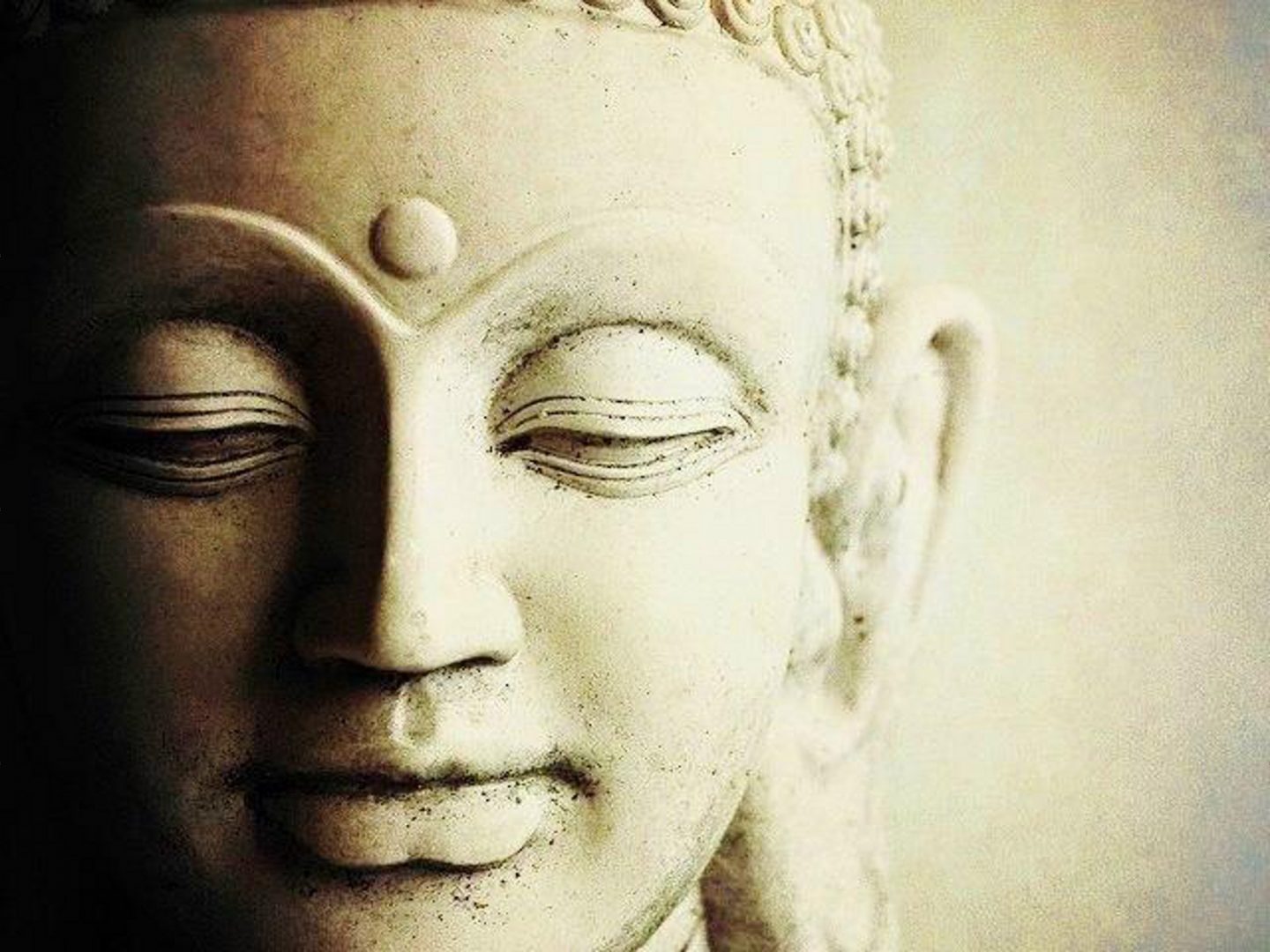Sūtra of the Heart of Prajñā-Pāramitā
Translated by: Rulu
***
As Avalokiteśvara Bodhisattva went deep into prajñā-pāramitā, he saw in his illumination the emptiness of the five aggregates, [the realization of] which delivers one from all suffering and tribulations.
“Śāriputra, form is no different from emptiness; emptiness is no different from form. In effect, form is emptiness and emptiness is form. The same is true for sensory reception, perception, mental processing, and consciousness. Śāriputra, dharmas, with empty appearances, have neither birth nor death, neither impurity nor purity, neither increase nor decrease.
“Therefore, in emptiness there is no form, nor sensory reception, perception, mental processing, or consciousness; no eye, ear, nose, tongue, body, or mental faculty, nor sights, sounds, scents, flavors, tactile sensations, or mental objects; no spheres, from eye sphere to mental consciousness sphere. There is neither ignorance nor ending of ignorance, neither old age and death nor ending of old age and death. There is no suffering, accumulation [of afflictions], cessation [of suffering], or the path. There is neither wisdom-knowledge nor attainment because there is nothing to attain.
“Bodhisattvas, because they rely on prajñā-pāramitā, have no hindrances in their minds. Without hindrance, they have no fear. Staying far from inverted dreaming and thinking, they will ultimately attain nirvāṇa. Buddhas of the past, present, and future, because they rely on prajñā-pāramitā, all attain anuttara-samyak-saṁbodhi.
“Hence, we know that the Prajñā-Pāramitā [Mantra] is the great spiritual mantra, the great illumination mantra, the unsurpassed mantra, the unequaled mantra, which can remove all suffering. It is true, not false. Hence the Prajñā-Pāramitā Mantra is pronounced. Then the mantra goes:
gate gate pāragate pāra-saṁgate bodhi svāhā ||”











